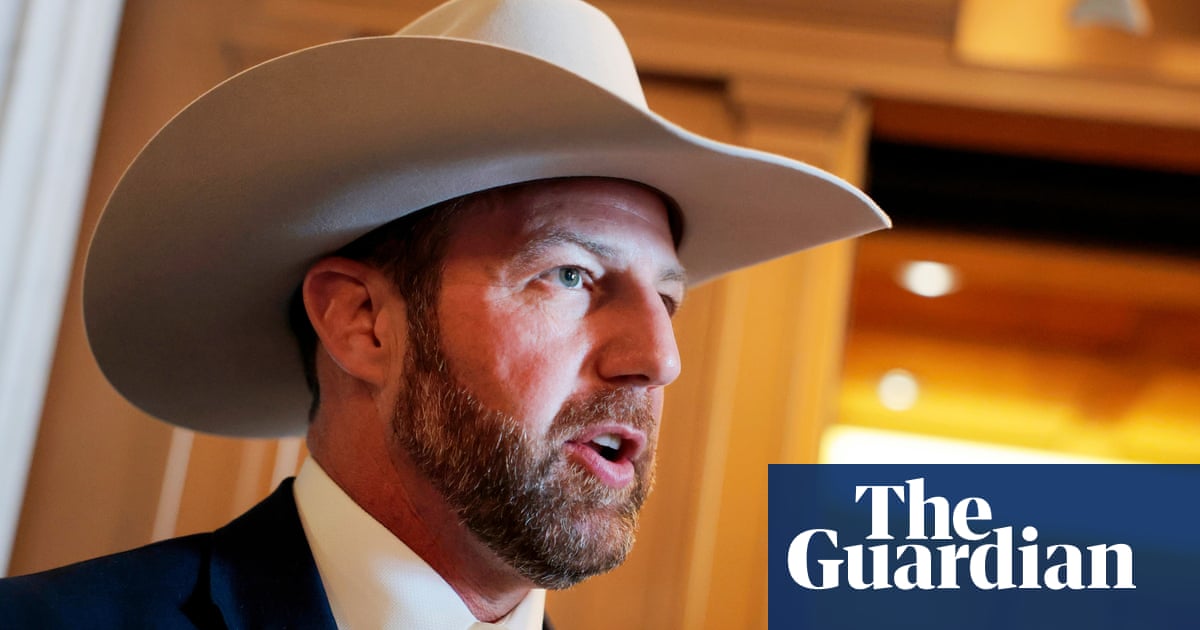Over the past few weeks, there have been growing tensions between Keir Starmer’s UK Labour and its (apparent) partners in Welsh Labour. If you live in Cymru, this story may have passed you by. If you live outside Wales, it almost certainly will have. But this really matters. It matters to the people of Wales because it is fundamental to their futures. It also matters to the wider UK because it underscores the direction of political travel for the next half-decade. It also has serious ramifications for the future of the union as we know it.
So what’s the issue? Well, you could say that it has all come to a head with the UK government’s plans for benefits cuts. While people all over England will feel the pain of the changes to personal independent payment (Pip) and universal credit, Wales will be hit disproportionately hard. In Cymru there are 275,000 people receiving Pip. This is 11% of our working-age people, compared with 7% in England. Therefore, this political choice is going to hit the part of the UK that most consistently votes Labour the hardest.
This is all the more jarring because Labour’s big selling point to the people of Wales in the 2024 general election was that to elect a Labour government in Westminster, alongside the one in Cardiff Bay, would create “a partnership in power” that would be “working in lockstep”. So how does Welsh Labour feel about its partner’s actions?
First minister Eluned Morgan told a Senedd committee last month that she wants to “reserve [her] position” until an impact assessment on how the changes would impact Wales is carried out. However, the secretary of state for Wales, Jo Stevens, had told the BBC that Morgan had “welcomed” the reforms. This obviously left the FM very angry. In first minister’s questions on Tuesday, she told the Welsh parliament: “I’ve got a lot of people trying to put words into my mouth these days, haven’t I? … I had somebody else last week trying to speak for me. I speak for myself.” Morgan’s camp has confirmed to me that she was talking about Stevens.
These were the first visible examples of tension between the two administrations, but within 24 hours more had bubbled up, when the former first minister Mark Drakeford stood up inside the Senedd and called out chancellor Rachel Reeves for fleecing Wales over the increases in national insurance. Now, this may sound fiddly, but when you break it down it’s pretty outrageous. Essentially, Reeves had promised that when the NI rise happens on 6 April the UK Treasury would cover the increased costs for the public sector. However, the Treasury is calculating the amount of money using the Barnett formula. Under this, Wales only gets an increase in funding proportional to England’s, and because England’s public sector is smaller, Wales proportionately gets less money. In simple terms this means that councils and NHS bodies in England will not lose out because of the NI rise, whereas in Wales there’s a £65m shortfall. Drakeford said: “Treasury ministers had a choice to make … I believe they made the wrong choice.”
These surface-level arguments underscore a growing discontent from many within Welsh Labour that their “partners” in London simply do not understand their priorities and concerns. What underpins this is the dog’s dinner of a constitutional settlement we have. As devolution is now set up, even a brave, dynamic and energetic Welsh government (which in my view is something we have never had) would struggle to fix Wales’s myriad problems.
I have written previously about how the great Welsh train robbery is taking from Wales billions it is owed (something Welsh Labour has long protested against). This is all possible because, unlike Scotland, heavy rail isn’t devolved to Wales. Add to this a recent vote in which every single UK Labour MP from Wales voted not to devolve the crown estate, denying Wales huge amounts of money, and there is a feeling among many in Welsh Labour that they are not being heard.
Last week, I spoke to Mick Antoniw, a Labour Senedd member and former Welsh government counsel general and minister for the constitution. He told me that “the devolution settlement remains asymmetric and dysfunctional and sadly, the UK government seems as conservatively centralist as its predecessor … financial reform of Barnett, HS2 funding, devolving the crown estate and youth justice are just a few of the symptoms of constitutional lethargy”. He is far from the only one who thinks so. Labour MS Alun Davies also told me, regarding the lack of consequential funding for HS2: “It is appalling that the UK government treats Wales and Welsh needs in such a cavalier fashion. We deserve the same deal as Scotland and Northern Ireland.”
It is obvious that those at the top of UK and Welsh Labour don’t want a visible fight. When I approached UK Labour it pointed to the longest Welsh NHS waiting lists dropping (slightly) after a cash injection from London, increases to the living wage and minimum wage, money to help people left out of work after the closures at Port Talbot steelworks and money to keep coal tips maintained and safe.
A spokesperson for UK Labour told me: “Of course we don’t agree about everything. It would be strange if we did. What ultimately matters is delivering our shared priorities: raising living standards, creating new jobs, reducing NHS waiting lists, making our streets safer and [creating] opportunities for people across Wales.”
But in refusing to engage in meaningful conversations about Wales’s constitutional future and affording Wales the same powers as Scotland, Labour is condemning Cymru to be forever beholden to the goodwill of whoever happens to sit in Downing Street. The mechanisms to ensure Wales’s long-term prosperity need to be set in stone, not doodled in the margins of a UK government special adviser’s to-do list.
The foundations underpinning Labour’s “red wall” are straining. Next year’s election could see the party fail to be the largest in Wales for the first time in a century. If the leaders of UK Labour can’t show that their “partnership in power” is more than just a slogan, they will hammer a nail into their own electoral coffin.
-
Will Hayward is a Guardian columnist

.png) 5 hours ago
1
5 hours ago
1













































